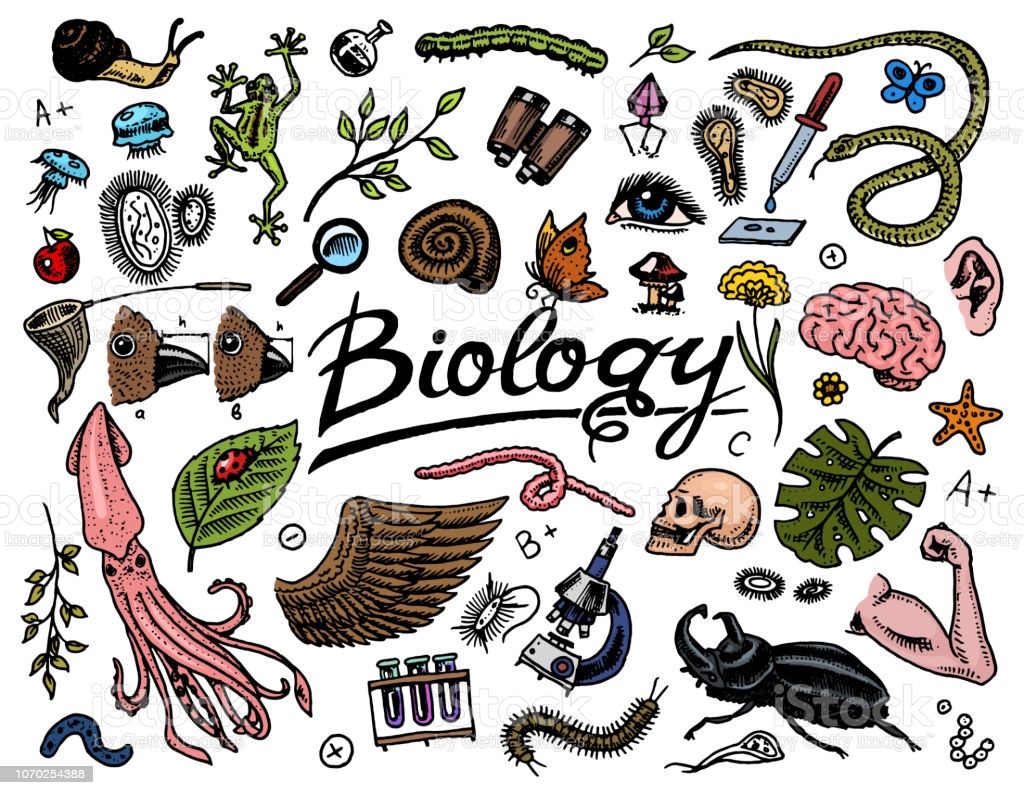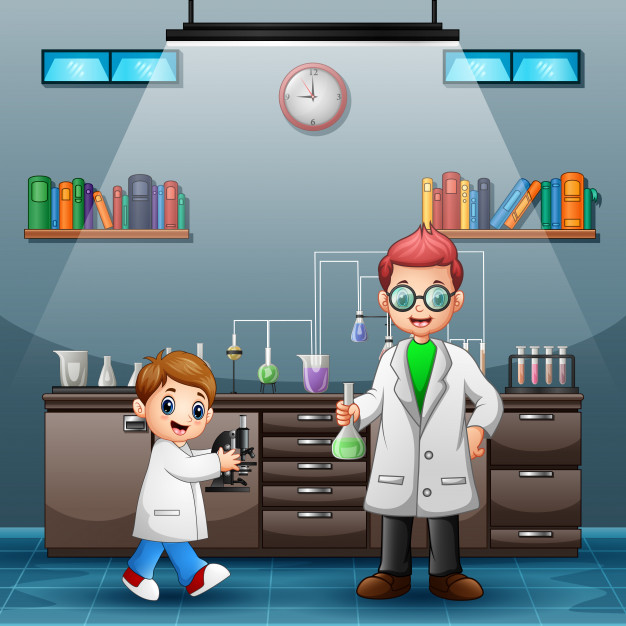Learn biology to explore the creation and evolution of life. Discover the wonders of human life with short courses to suit a range of experience levels.
What is Biology?
So, other than diverse, what is biology? The core strands that unite all the various disciplines and sub-disciplines of the subject are: the study and characterization of living organisms and the investigation of the science behind living things. This means most biology courses will have core modules in the first year focusing on subjects such as cell theory and molecular biology, evolution, physiology and adaptation, gene theory, and homeostasis.
Having established some basic understanding of the core principles of biology, you’ll be able to choose an area in which to specialize. Options include: anatomy, biophysics, cell and molecular biology, computational biology, ecology and evolution, environmental biology, forensic biology, genetics, marine biology, microbiology, molecular biosciences, natural science, neurobiology, physiology, zoology and many others.
These courses may be offered as electives in a wider biology degree course – a good option for those who are not yet sure on what area they wish to focus – or as dedicated degree programs.
What to expect from biology degrees
Typically as a first-year biology student, you should expect to attend a considerable number of lectures, with accompanying practical work and write-ups. For subjects like cellular biology, genetics and epidemiology, practical work is likely to be lab-based, while ecology or environmental biology students will be expected to do field work.
In subsequent years, as you get more specialized, you may end up spending less time on lab work – or choose to concentrate almost entirely on working in the lab. Towards the end of your degree you’ll typically be required to undertake a final research project. At some universities this will be a group effort, while at others you can pick individual projects from a pre-approved list.
As your degree progresses, therefore, you should expect to spend most of your time either working in the lab and/or undertaking personal research – good practice to start off your biology career.
Generally, undergraduate biology degrees run for three or four years (depending on the country), with some universities offering a year abroad or work experience opportunities. Some undergraduate courses may last an extra year, allowing students to graduate with an MSc instead of BSc.
Whichever field of biology you choose to focus on, you should be ready to immerse yourself fully in an intensive course, in a complex and rapidly evolving subject area.
Look beyond the complexities of living beings on Earth
This includes all living organisms from the simplest to the most complex. The anatomy, development, chemical characteristics, genetics and evolution of a species are all part of the science of biology. The sub-disciplines of biology are many and include biochemistry, cell biology, genomics, physiology, botany, ecology and medicine.
Have you ever wondered what makes you, you? Learn biology online and discover the processes that allow the human body to function. You can also explore the role of biotechnology has in improving and impacting many aspects of human life.
Whether you’re a scientist, studying science at university or are simply interested in human and animal life, online biology courses on Online Science Campus will inspire you to look beyond what you can see on the surface. Study biology online to satisfy your own curiosity or build towards a career in science.
Online Science Campus is dedicated to providing you the best teaching lectures. Our academy not only allows you to learn the curricular course but also our staff always try to teach you some other but important topics which are necessary. You will notice the difference by getting tuition from Online Science Campus.



